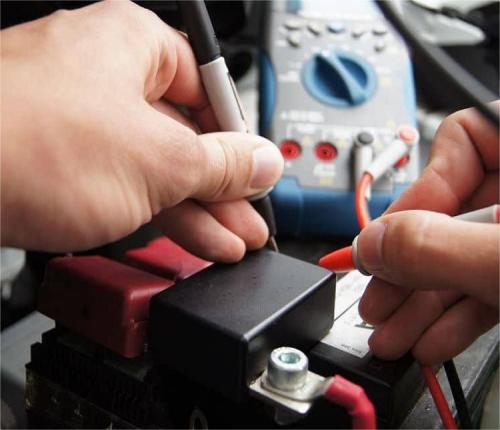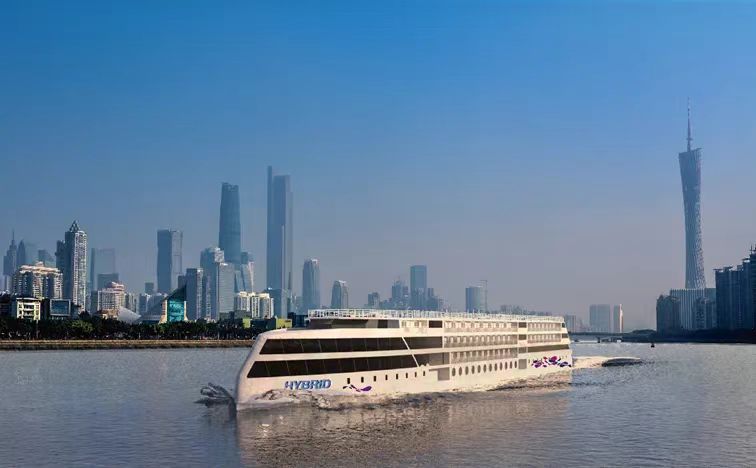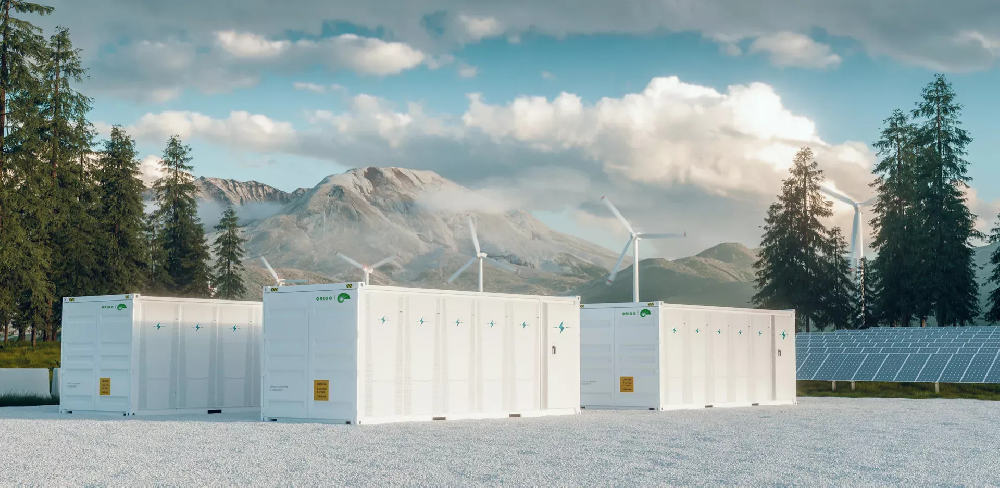Lithium-Ion Battery Care Guide
Lithium iron phosphate batteries (LFP batteries) have many advantages over lead-acid batteries, making them an ideal power source for industrial vehicles and forklifts. Here are some of the key advantages:
1. Longer life : The cycle life of LFP batteries is generally much longer than that of lead-acid batteries. Under the same conditions of use, LFP batteries can undergo more charge and discharge cycles, which means that the battery life is longer and reduces the frequency and cost of battery replacement.
2. Higher energy density : LFP batteries have a much higher energy density than lead-acid batteries, which means that LFP batteries can store more energy at the same weight or volume. This is very important for industrial vehicles and forklifts because it means that the vehicle can carry less battery weight or volume and get a longer driving distance.
3. Better charging efficiency : The charging efficiency of LFP batteries is usually higher than that of lead-acid batteries, which means that LFP batteries can charge more energy in the same time. This is beneficial for industrial vehicles and forklifts that require frequent charging.
4. Environmentally friendly : LFP batteries do not contain harmful heavy metals such as lead and have little impact on the environment. Lead-acid batteries contain harmful lead and can pollute the environment if not disposed of properly.
5. Safety : Compared with other types of lithium-ion batteries (such as cobalt-containing lithium-ion batteries), LFP batteries have significant advantages in thermal stability and are not prone to thermal runaway, so they are safer.
In summary, lithium iron phosphate batteries have become the best power source for industrial vehicles and forklifts with their excellent safety, stability, environmental protection and cost-effectiveness. With the further development of technology, we have reason to believe that LFP batteries will play a greater role in the future industrial vehicle and forklift market.
With the global energy transition and increasing environmental pressure, the electrification of industrial vehicles and forklifts has become an inevitable trend. Among them, lithium iron phosphate batteries (LFP) have become the best power source for these vehicles with their unique advantages. In this process, the contribution of Chinese forklift manufacturer BYD cannot be ignored.
First of all, lithium iron phosphate batteries have outstanding performance in terms of safety and stability. Compared with other lithium batteries, LFP batteries are not prone to thermal runaway and cause fires in high-temperature environments or when problems occur inside the battery. This is because its thermal runaway temperature is higher than other lithium batteries, and it has good thermal management capabilities and prevents internal short circuits. This is a very important advantage for equipment such as industrial vehicles and forklifts that need to work reliably in a variety of environments.
Secondly, LFP batteries have good cycle life. It can withstand more charge and discharge cycles than other battery types without significantly degrading performance. This means that LFP batteries can maintain stable output even after long periods of high-intensity use, ensuring the continuous working capabilities of industrial vehicles and forklifts.
Furthermore, LFP batteries are environmentally friendly. They do not contain harmful heavy metal elements such as cobalt and nickel, which makes them less environmentally friendly. In addition, due to their long life and stability, these batteries also require less maintenance and replacement, thus reducing their environmental impact. This is very attractive for modern industries that pursue sustainable development and environmental protection.
Finally, LFP batteries also have advantages in terms of cost performance. Compared with other types of lithium batteries, LFP batteries have lower production costs. Coupled with their longer service life, their overall cost of ownership is also lower. This can effectively reduce operating costs and improve economic benefits for equipment such as industrial vehicles and forklifts.







